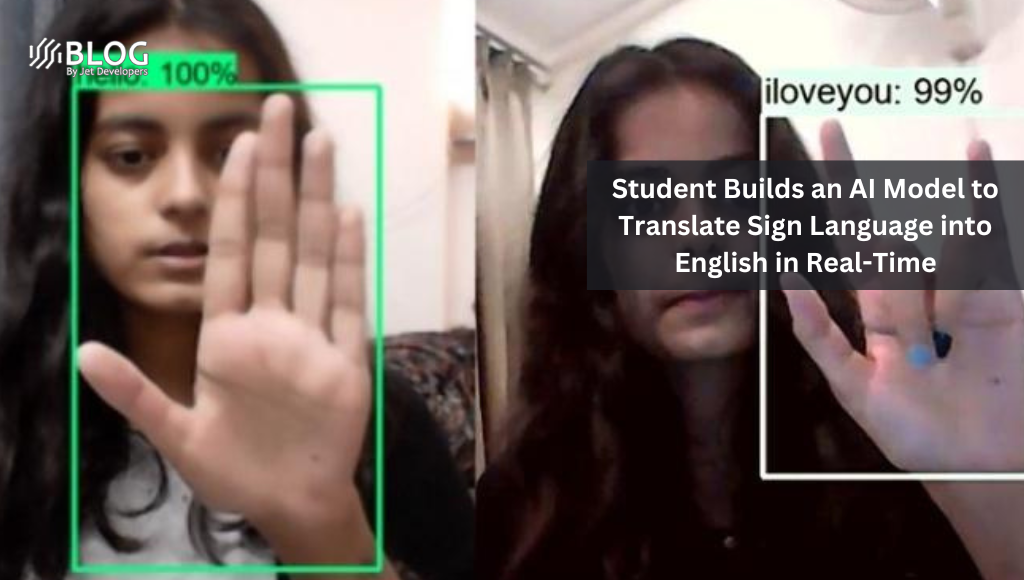OpenAI’s revolutionary AI chatbot, ChatGPT, has recently undergone a groundbreaking update, unlocking a world of possibilities. This significant enhancement now grants ChatGPT access to the vast resources of the World Wide Web, elevating its capabilities and versatility to new heights.
Since its launch in November, ChatGPT has amassed an impressive user base of 100 million within a span of just two months. However, its potential was previously limited as it was trained on a dataset that concluded in 2021. The latest update has eradicated this constraint, empowering ChatGPT to engage in real-time conversations about current events and access up-to-date information.
A key feature of the update is the incorporation of over 70 third-party browser plugins. This expansion greatly enhances ChatGPT’s functionality, allowing users to seamlessly integrate a wide range of services and tools directly into their interactions with the chatbot. Whether it’s utilizing travel planning platforms like Expedia and Kayak or leveraging productivity tools such as Slack and Zapier, the integration of these plugins enables users to accomplish tasks more efficiently and gather information effectively.
Currently, these web-enabled features are exclusively available to subscribers of ChatGPT Plus, who gain premium access to the application for a monthly fee of $20. OpenAI announced the transition from alpha to beta, stating, “We are delighted to introduce web browsing and Plugins to all ChatGPT Plus users, marking our transition from alpha to beta. This exciting development allows ChatGPT to harness the power of the internet and leverage a vast array of 70+ third-party plugins.”
AI Powerhouses: ChatGPT and Bard AI Make Waves
This update comes on the heels of Google’s recent unveiling of its Bard AI system, which has been integrated into popular products such as Gmail and Maps. With Bard, Google aims to provide users across 180 countries and regions with enhanced AI capabilities, reducing the need for waitlisting and emphasizing its commitment to being an “AI first company.” These simultaneous advancements from OpenAI and Google underscore the rapid progress being made in the field of AI and the growing competition among tech giants.
However, amidst these remarkable developments, concerns about AI safety have also come to the forefront. OpenAI’s CEO, Sam Altman, is scheduled to appear before Congress to address questions regarding the risks associated with generative AI and its potential impact on society. It is crucial for AI developers and stakeholders to actively address these concerns and work in collaboration with regulatory bodies to ensure the responsible development and deployment of AI technologies.
The integration of web browsing capabilities and third-party plugins into ChatGPT marks a significant milestone in the evolution of AI chatbots. By granting access to real-time information and a diverse range of services, ChatGPT becomes an invaluable tool for users across various domains. However, responsible development practices and transparent frameworks must be upheld to ensure that the immense potential of AI is harnessed for the benefit of society.






